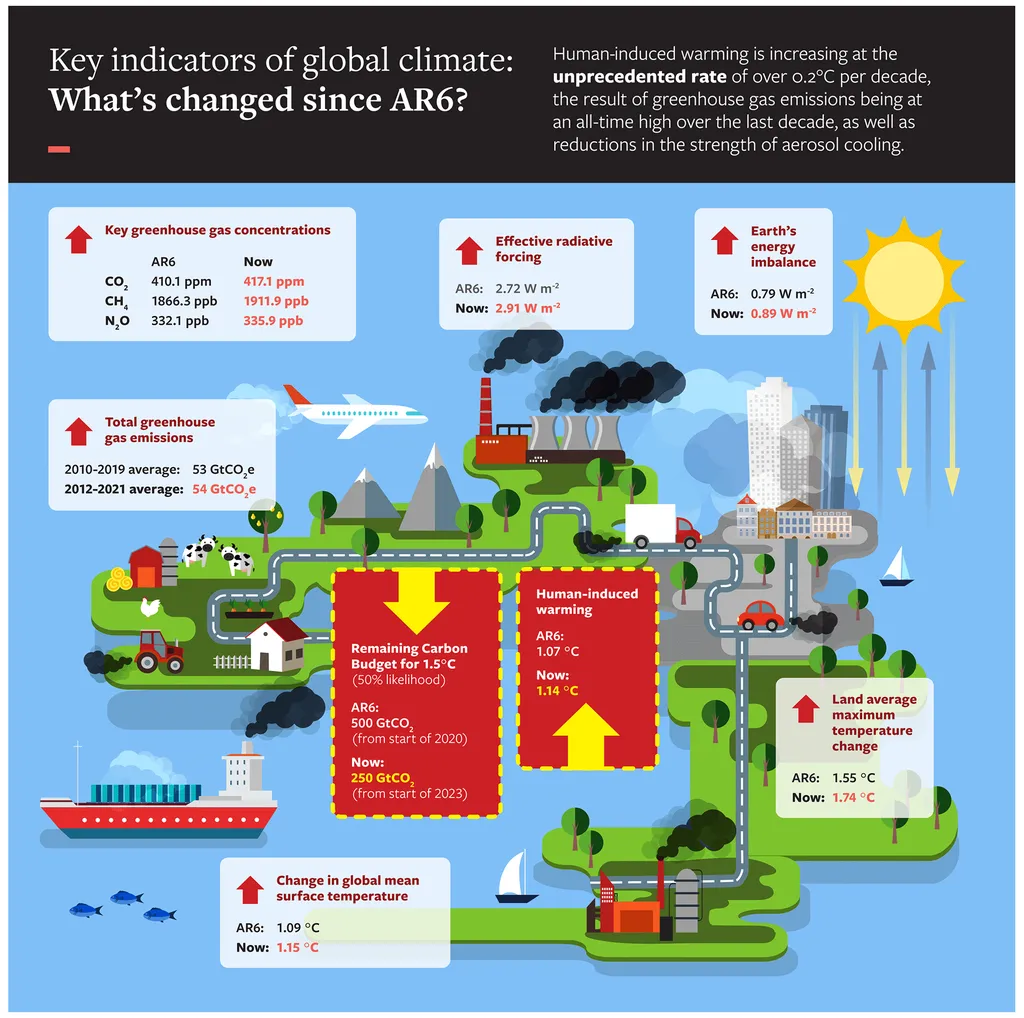In a significant stride towards clarifying and enhancing climate commitments in the building sector, a team of global experts has developed a robust framework to structure building-related chapters in Nationally Determined Contributions (NDCs). Led by Peter Graham from the Department of Architecture at Monash University’s Art, Design and Architecture (MADA) in Caulfield East, VIC, this research addresses the growing need for transparency and effectiveness in climate action plans.
The study, published in the journal ‘Buildings & Cities’ (which translates to ‘Städte und Gebäude’ in German), reveals that the number of countries mentioning building sector climate actions in their NDCs has increased from 131 in 2020 to 168 in 2023. However, the diversity in how these actions are presented has made it challenging to assess their impact on Paris Agreement targets and national climate goals.
Graham and his team employed a modified Delphi method, engaging 14 global experts to create a framework of 11 aligned criteria. These criteria serve as recommendations for structuring building-related chapters in NDCs, ensuring that commitments are transparent, ambitious, and actionable.
“The heterogeneity in NDCs makes it difficult to determine their mitigation potential,” Graham explains. “Our framework provides a structured approach to evaluate and track climate commitments, promoting greater accountability and driving more effective climate actions within the building sector.”
The framework includes criteria such as political commitment, stakeholder engagement, sector-specific targets, ambitious goals, a roadmap, a policy framework, comprehensive actions, coordinating bodies, financing, measurement, reporting, verification, evaluation and data, and education and knowledge-sharing.
For the energy sector, this research holds substantial commercial implications. Clearer and more structured NDCs can lead to more predictable and stable investment environments. “This framework offers donors a reliable method to evaluate the viability of building sector commitments,” Graham notes. “Ensuring that key elements such as political commitment and financial backing are in place can attract more investment and drive innovation in energy-efficient building technologies.”
The proposed framework also has relevance for the preparations and negotiations of the UNFCCC Conference of Parties (COPs). By providing a common language and set of criteria, it can facilitate more effective international cooperation and knowledge-sharing.
As countries continue to update their NDCs in the lead-up to COP28 and beyond, this research offers a timely and valuable tool for policymakers, donors, scholars, and advocacy groups. It not only enhances the transparency and effectiveness of climate commitments but also promotes greater accountability and drives more impactful climate actions within the building sector.
In the words of Graham, “This study addresses the need for a consensus-driven framework to define and assess effective building sector commitments in NDCs. It’s a step towards a more sustainable and resilient built environment.”

